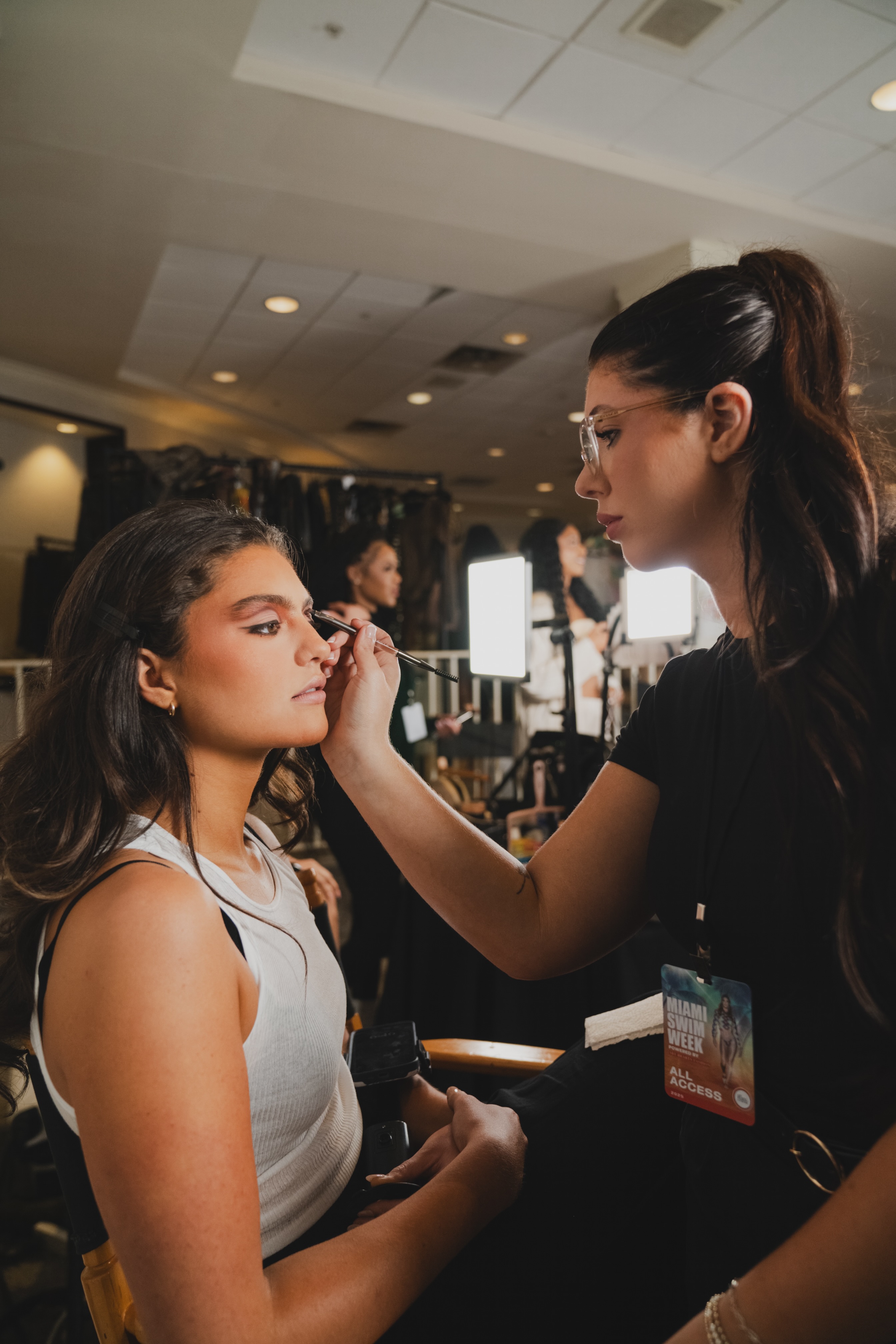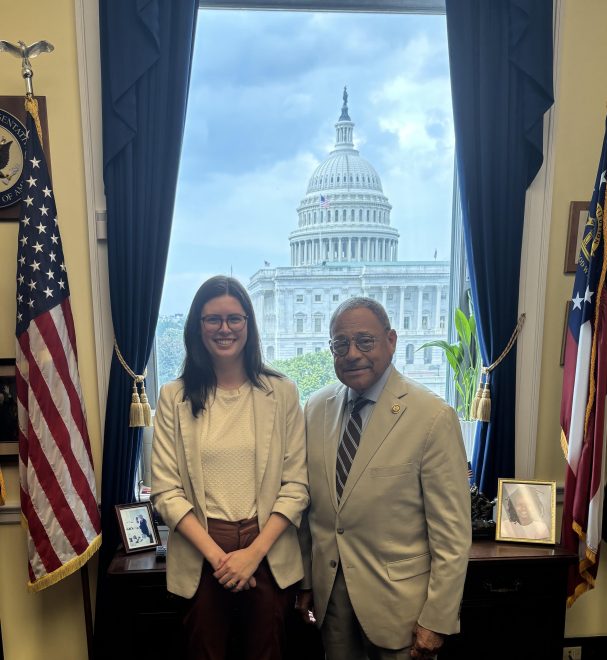Students get insight on becoming better listeners with author Kate Murphy
Published 10:04 pm Thursday, September 28, 2023

- PRACTICING ACTIVE LISTENING: AP English Language and Composition student Katelyn Bradshaw takes in author Kate Murphy’s response to her question.
THOMASVILLE- One Book Thomas County author Kate Murphy visited area high schools on Thursday morning, hosting a Q&A session with the students and hearing their feedback on her novel “You’re Not Listening.”
Thomas County Central AP Language and Composition teacher Jillian Mitchell said her class focuses entirely on logic, debate and non-fiction work, with this book being the perfect read.
Trending
“As soon as this came out, I started reading the book and thought this is the perfect AP Language book,” Mitchell said. “She’s making an argument about our society and she’s approaching it from every perspective, which would be perfect for our course.”
Mitchell said she also believes Murphy’s book was extremely relevant to the students, as topics discussed included social media and cell phones and how they relate to one’s ability to listen.
“I think the biggest takeaway for them was cellphone use and how it isolates them,” Mitchell said. “I don’t think they ever realized that. People see social media and cell phones as ways to connect us through the distance. I think it was very compelling for them to realize it was actually isolating them.”
Several students zeroed in on the topic of social media, posing questions to Murphy on why she thinks it hinders listening.
“You mention social media quite a few times throughout the book and artificial intelligence, what do you think will be the effects of artificial intelligence on listening,” one student asked.
Murphy expressed real concern as artificial intelligence continues to grow.
Trending
“Those social media companies, we’ve become almost like slaves to them,” she said. “It’s really changing how we interact with one another and how we think for ourselves.”
As a journalist, Murphy said she has spent years interviewing neuroscientists on how the brain works when interacting with other people. Now, the same neuroscientists are being hired by social media companies to help them discover what makes people happy and what makes people sad.
“They are designing their products to capture you and they’re using your basic human physiology and neuroscience to get you to stay on their platforms,” she said. “It’s really something to be aware of when you’re on your phone. They are playing you.”
Murphy said the effects of this will be profound and anyone who grew up before phones can already see the incredible difference in the way people interact.
Murphy has seen this firsthand during her traveling interviews.
“When I’m at the airport, I no longer see people looking each other in the eye. Everyone is down here (on their phones),” she said. “Even when you get on an airplane, everyone has their windows closed, so they can see their screens.”
Murphy expressed frustration that people aren’t taking in the amazing sights all around them, but are focused on screen time instead.
“What is more interesting than this?” she asked. “Generally, I’ve found people are looking at pictures of themselves or various videos, but I really want to impress on you that there is a wild and wonderful world out there, but when you only see it through your phone, you lose so much.”
Students noted that Murphy does talk about the negatives of technology but questioned if there were any benefits.
“I think it can build connections, but I don’t think it will help in terms of listening,” she told the class.
Murphy likened junk food to communicating via technology.
“It tastes good, it’s calories; it’ll get you by,” she said. “But, after a while it’s not very nourishing. It’s good every once in a while, but in order to really be nourished you need whole, natural foods, and that’s what face-to-face communication is.”
She explained that there is nothing wrong with texting friends, but if the only relationship that existed was through texting and video chats, it would be an impoverished relationship.
Upon the conclusion of their questions, Murphy signed copies of their books, stating how impressed she was with the level of thought put into the Q&A.
“I think they really thought about the book, which was very gratifying for me,” she said. “Having all these kids be engaged, be curious and even think about listening is so gratifying.”
Murphy hopes that by talking to students early about how to be better listeners, they won’t struggle in adulthood.
“I think it’s really important that they learn these lessons now, and even I got through to one person today and it makes their life easier and makes them feel more connected and less isolated, it will be well worth it,” she concluded.





